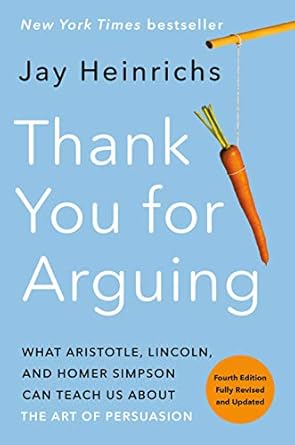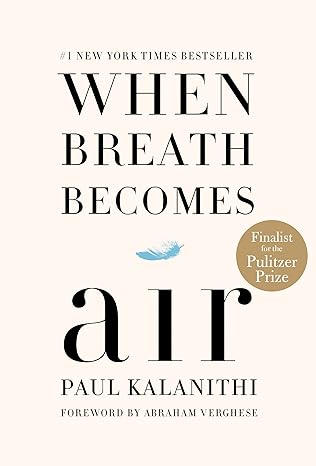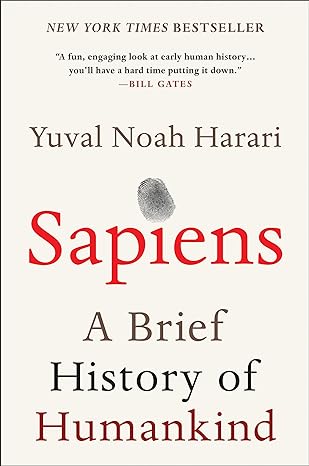
The Self Illusion: Why There is No 'You' Inside Your Head
This is an extended extract from The Self Illusion: Why There is No 'You' Inside Your Head.
Most of us believe that we possess a self - an internal individual who resides inside our bodies, making decisions, authoring actions and possessing free will. The feeling that a single, unified, enduring self inhabits the body - the 'me' inside me - is compelling and inescapable. This is how we interact as a social animal and judge each other's actions and deeds. But that sovereignty of the self is increasingly under threat from science as our understanding of the brain advances. Rather than a single entity, the self is really a constellation of mechanisms and experiences that create the illusion of the internal you.
We only emerge as a product of those around us as part of the different storylines we inhabit from the cot to the grave. It is an every changing character, created by the brain to provide a coherent interface between the multitude of internal processes and the external world demands that require different selves.
BEST DEALS
About the Author
Bruce the Director of the Bristol Cognitive Development Centre in the Experimental Psychology Department at the University of Bristol. He undertook his Ph.D. at Cambridge University followed by appointments at University College London, MIT and a faculty professor at Harvard. He has been awarded an Alfred Sloan Fellowship in neuroscience, the Young Investigator Award from the International Society of Infancy Researchers, the Robert Fantz memorial award and recently voted to Fellowship status by the society of American Psychological Science. "SuperSense: From Superstition to Religion- the Brain Science of Belief" is his first book written for a general audience.












